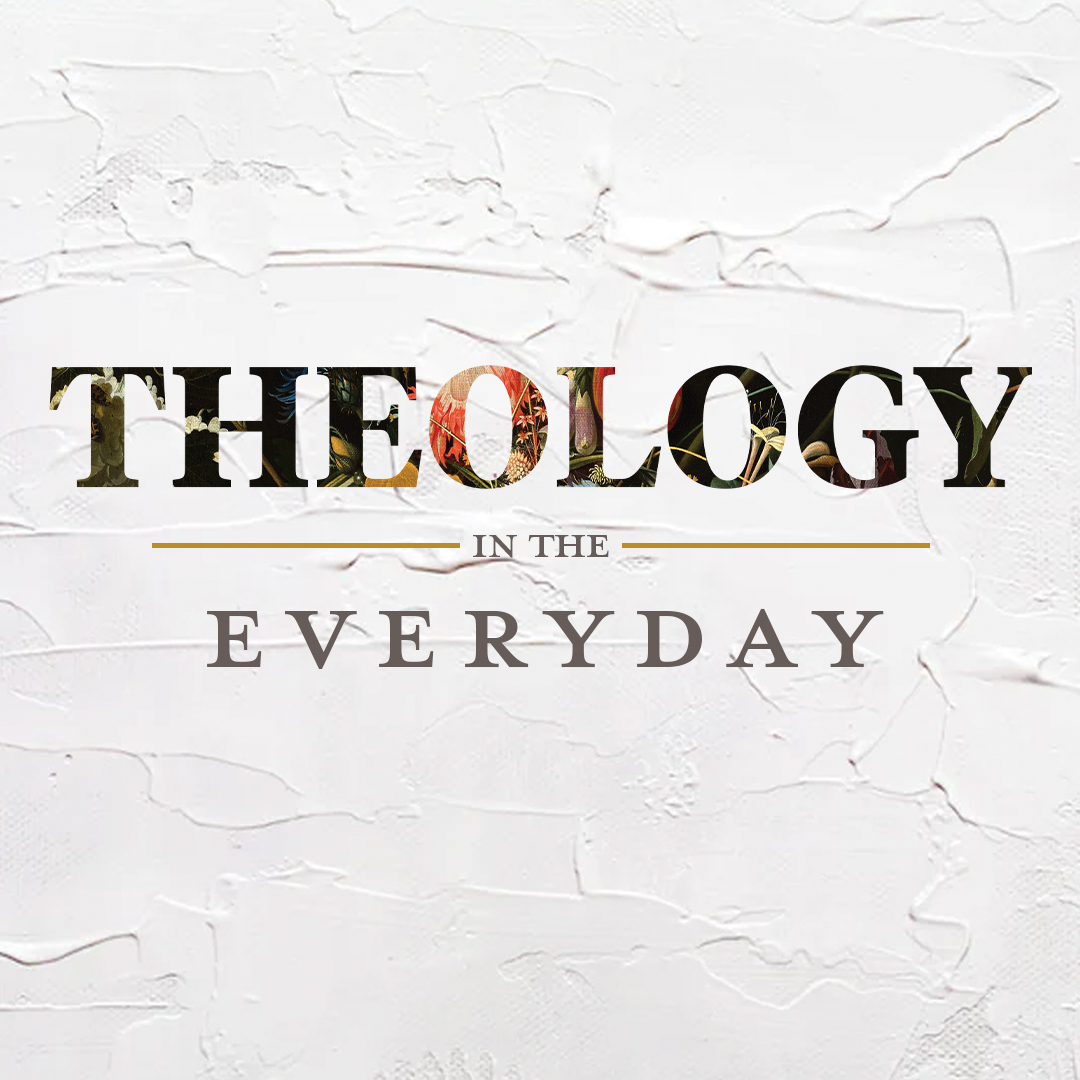

Editor’s Note: The Theology in the Everyday series seeks to introduce and explain theological concepts in 500 words or less, with a 200-word section helping explain the doctrine to kids. At For The Church, we believe that theology should not be designated to the academy alone but lived out by faith in everyday life. We hope this series will present theology in such a way as to make it enjoyable, connecting theological ideas to everyday experience and encouraging believers to study theology for the glory of God and the good of the Church. This week, the soul.
Have you ever considered what you are made of? Answering this question, a person might speak of all the inner workings of our bodies: our brains and nervous system, our blood and veins, our organs and their functions, our bones, ligaments, and joints. Truly, every eighth-grade biology student would tend to know these facts. Indeed, the Scriptures speak to the fact that humans “have been remarkably and wondrously made” (Psalm 139:14, CSB). However, if we stop at being made as “functional bodies” alone, we fall short of the full Biblical picture of our being. We as humans are bodies and souls.
Concerning the soul, the great confessions of the Protestant Faith usually state something like what we see in the Second London Confession: “After God had made all other creatures, He created man, male and female, with reasonable and immortal souls.”[1] Notice, reasonable and immortal souls. Of course, it is not true that all we are is our soul, either. God created us as both body and soul. But what exactly is the soul? The Old Testament most often uses the Hebrew word nephesh to describe the soul, and this word is closely associated with the life that God breathes into Adam in Gen 2:7 where Moses writes that after God breathed the breath of life in Adam, he “became a living being.” So, we could say that the soul is the immaterial “life” that is part and parcel of the wholeness of being a human. Just as we need our heart to pump and our brain to function, we need our soul to live. Though we know that the other creatures that God created have life—thus some kind of “soul”—we are certain that mankind’s soul is set apart due to mankind being made in God’s image and likeness (Gen 1:27). This, the confession speaks of, as mankind’s soul being reasonable and immortal. Let us look more carefully at these two ideas.
The idea of reasonable
When God created mankind in His image and likeness, He created them as creatures of reason. Far above the rest of creation, God instills in mankind a knowledge of nature and Himself. For instance, after God creates Adam, He gives Him dominion over the earth and charges him with the naming of the animals (Gen 2:19). The animals do not name themselves, but God instructs Adam to, with the reason and authority God gives him (a reflection of God’s authority and reason), name the animals. As Adam is naming the animals, he reasons that though there are male and female companions amongst the animals, there is not one found who befits him (Gen 2:20). Furthermore, it seems that reason given to mankind by God is expressed in the law written on their hearts by which God also commands them to obey (Rom 2:15; Gen 2:15-17).
The idea of immortal
God also creates mankind after His likeness. Just as His Spirit is eternal, so too is mankind’s soul (though created and thus having a beginning) is eternal. Scripture teaches us that when mankind dies, though his body returns to dust, his spirit (or soul) is with the Lord (Gen 3:19; 2 Cor 5:8). When the believer is resurrected their transformed and glorified body will reunite with their soul, but whereas their body died and needed resurrection their soul has lived on, because it is immortal (1 Thes 4:13-18). Paul speaks of the decay of the outer man (which needs resurrection) but of the renewal of the inner man, the soul, which lives on.
Eternal Souls Do Not Equal Eternal Life
Though the soul is immortal, just as the body needs a resurrection, the soul needs regeneration. Humanity is born “dead in our trespasses and sins” (Eph 2:1). However, God does not leave us without hope. Jesus, though eternally God, as the eternal Son, put on humanity—He is truly God and truly man—lived a perfect life we could not live, died a death on the cross we deserved, received the judgment of God we deserved, was buried, and three days later rose again. He did this so that all who would believe in him might be reconciled to Him, the Father, and the Spirit. When a person trusts in Him, they are regenerated, and to the point of our current study, their souls are made new (John 3:1-21).
Conclusion
To summarize, the soul is the life-giving immaterial part of the human being which God created without which mankind would not be whole; he is body and soul. God created mankind in His image, breathing life into him, part and parcel of which is this life-giving reality known as the soul. The soul needs to be regenerated which is what happens when one places their trust in the Lord Jesus Christ, His perfect life, death, and resurrection as the only means to be reconciled to a Holy Triune God.
For the Kids:
When my kids were little, we taught them Biblical truths with questions and answers. One of those questions was: “Who made you?” If your parents are teaching you in the same way, you may know the answer to this: “God made me!” This truth is very important for you to know. It is also important for you to know that God made you as one who not only has a body, but also a soul. The soul is part of who you are, that part of you that you can’t see. Just like it is necessary for your heart to beat, your soul is also necessary for you to live. Though our bodies get hurt and will eventually die (and need to be raised to new life), our souls live on forever. Just because our souls live forever, doesn’t mean that we will live forever with God. Every part of us, even our souls, are sinful, so we need Jesus to make our souls new. He lived without sin, died for sinners, and rose again, so that if we trust in Him, our souls will be made new (and one day our bodies too), and we will live with God forever!
[1] The Second London Confession, 4.2.
Enter to Win the Puritan Paperbacks This July!

Charles Spurgeon once said, “By all means read the Puritans, they are worth more than all the modern stuff put together.”
The Puritans offer their readers a comprehensive, gospel-centered view of the Christian life where all of Christ matters for all of life. In recent years, Banner of Truth has published a 49-volume set called the Puritan Paperbacks where Christians today can glean from the Puritans of the past.
During the month of July, we’re giving away the entire 49-volume Puritan Paperback series for free to one providentially favored participant who enters. Enter today for your chance to win!

